My passion for public health developed while working at rural clinics around Madibeng sub-district where I realised that I needed to be able to have a wider influence on the medical treatment of patients then can be achieved through individual patient contact.
Meet Dr Bontle Ntshole, medical doctor with an MBChB from the University of Limpopo whose believes one should be the change they want to see.
Tell us about yourself, what do you do in health?
I am a medical doctor with an MBChB from the University of Limpopo (the current Sefako Makgatho Health Sciences University), BSc Honours degree in Physiology from the University of Witwatersrand and currently an MBA Candidate at Wits Business School.
My passion for public health developed while working at rural clinics around Madibeng sub-district where I realised that I needed to be able to have a wider influence on the medical treatment of patients then can be achieved through individual patient contact.
This initiated my transition into being a research physician at an NGO clinical research centre (CRC) that focused on research in Women’s health, HIV prevention and treatment, TB treatment and vaccines. I was fortunate enough to work as a Lead Sub-Investigator for the Evidence for Contraceptive Options and HIV Outcomes (ECHO) Study which was implemented at 12 sites across 4 African Countries. The results for the study were announced at the 9th South Africa AIDS Conference in June 2019 and have initiated global health discussions.
From being a research physician, I joined a Multinational Pharmaceutical Company as a Medical Advisor and Digital Medical Lead. A role that entails dissemination of new scientific data to Key Decision Makers, Scientific Leaders and Healthcare Professionals. The data can be related to disease states, unmet medical needs, epidemiology and/or burden of diseases. In addition to that, I lead the medical affairs department’s digital projects.
What led you to pursue a career in health?
From childhood I’ve always wanted to be a doctor and it had a lot to do with wanting to help people. But as I grew that love for medicine kind of disappeared. However, while studying towards my BSc, the love and passion that I had as a child began to creep up on me and I think it had a lot to do with being exposed to medical students and doctors and seeing the amazing work they were doing. The decision to pursue a career in medicine became a no-brainer after that point.
What are you most proud of?
a) Qualifying as a medical doctor with distinctions despite the challenges I went through
b) Being a part of the ECHO study.
c) Being an MBA candidate at one of the top Business Schools in South Africa.
The woman that I am today is due to the life experiences I went through.
What do you wish you had done differently?
Nothing whatsoever. The woman that I am today is due to the life experiences I went through. Tough as it might have been, it shaped me into being resilient, highly motivated and never giving up. I don’t mind failing because like Oprah said, “Think like a queen. A queen is not afraid to fail. Failure is another stepping stone to greatness”.
What are some of the biggest challenges you have faced? How did you overcome them? What are some of the lessons learnt?
Losing my paternal grandmother and uncle two months apart 10 months into my new job in a new industry and carrying on as if nothing had happened because I needed to prove myself at work was extremely challenging. This denial of not wanting to step back and grieve, continuing to take on more work led me to a point of burn-out. How I overcame this was firstly by taking some time off from work to grieve, recharge and realign but also making sure I learn to prioritize self-care.
What are some of the opportunities you see for women in health on the African continent?
A great number of women are primary caregivers in their communities yet this act is not always recognised. Unfortunately, we are still underrepresented in leadership roles within the health sector. I believe that there are many opportunities for women in health on the African continent. However, it will require us to build each other up – by mentoring young women in the industry and teaching them on the importance of leadership. Zozibini Tunzi, the current Miss Universe said it best, “… nothing is as important as taking up space in society and cementing yourself”.
I know that in the pharmaceutical industry, there is a need for diversity in the different departments but we need to open up those opportunities for women.
Be the change you want to see. Find solutions, don't dwell on problems. - Dr Bontle Ntshole (@bmodisa) Click To TweetWhat advice do you have for other women in health?
Be the change you want to see. I know that there are so many challenges that we face and it is easy to fall into the trap of always complaining. However, I believe in finding solutions than dwelling on the problems.
